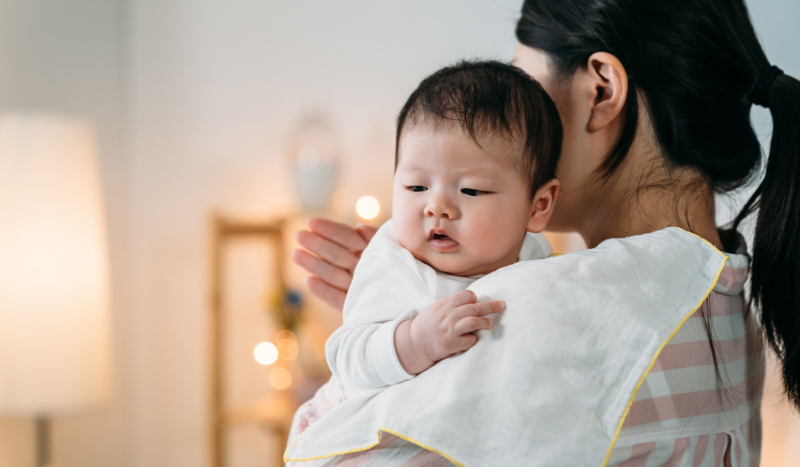
CV NEWS FEED // Financial analysts are weighing in on recent attempts to incentivize couples in South Korea to start families as the country’s birth rate continues to remain at an all-time low.
In his latest Bloomberg column, American economist and financial expert Tyler Cowen addresses attempts to rectify South Korea’s 0.78 birth rate, the lowest in the world.
South Korea, he wrote, “is pondering a radical solution: baby bonuses of 100 million won (US$73,500) each,” an amount that represents approximately twice the country’s average annual income per capita. “At current birth rates, the plan would cost more than US$16 billion a year,” he noted, adding that if it’s successful, it could cost even more.
“Unfortunately, it is impossible to say how much impact the subsidies would have, as there is no precedent,” Cowen wrote, noting that the only precedent that could account for such financial incentives would be Hungary’s childbearing subsidies and tax exemptions, which were only instated a few years ago. While there is some evidence of increase, the country’s 1.6 birth rate remains well below replacement level.
He continued:
Having children changes everything you do and how you do it. If you are not interested in that life-altering transformation, a birth subsidy is not going to make a difference. Subsidies might convince a couple with two children to have a third, because now the additional child is easier to afford. The problem of course is that so many families are not having two children to begin with.
Despite expressing doubts about the efficacy of financial incentives for childbearing in South Korea, Cowen maintained that birth subsidy schemes “are still worth pursuing.”
“We all would learn from the results,” he concluded: There is not enough social experimentation in the world, and humanity has to try something to avoid disappearing.”
Several companies in South Korea announced their plan to begin offering substantial “baby bonuses” to employees back in March, after South Korean President Yoon Suk Yeol ordered his government to develop subsidies and tax incentives for companies to encourage their employees to have children.
According to a March 8 report from the Bump, the Seoul-based Booyoung Group stated that it would give a $75,000 per-child bonus to its employees, and the underwear company Ssangbangwool said it would give employees $22,400 for their first and second child, followed by $30,000 for their third.
“A low birth rate is an important task for our society to overcome. The company will take responsibility and put all-out efforts to help the country increase the fertility rate,” said Booyoung Group’s Chairman Lee Joong-keun.

